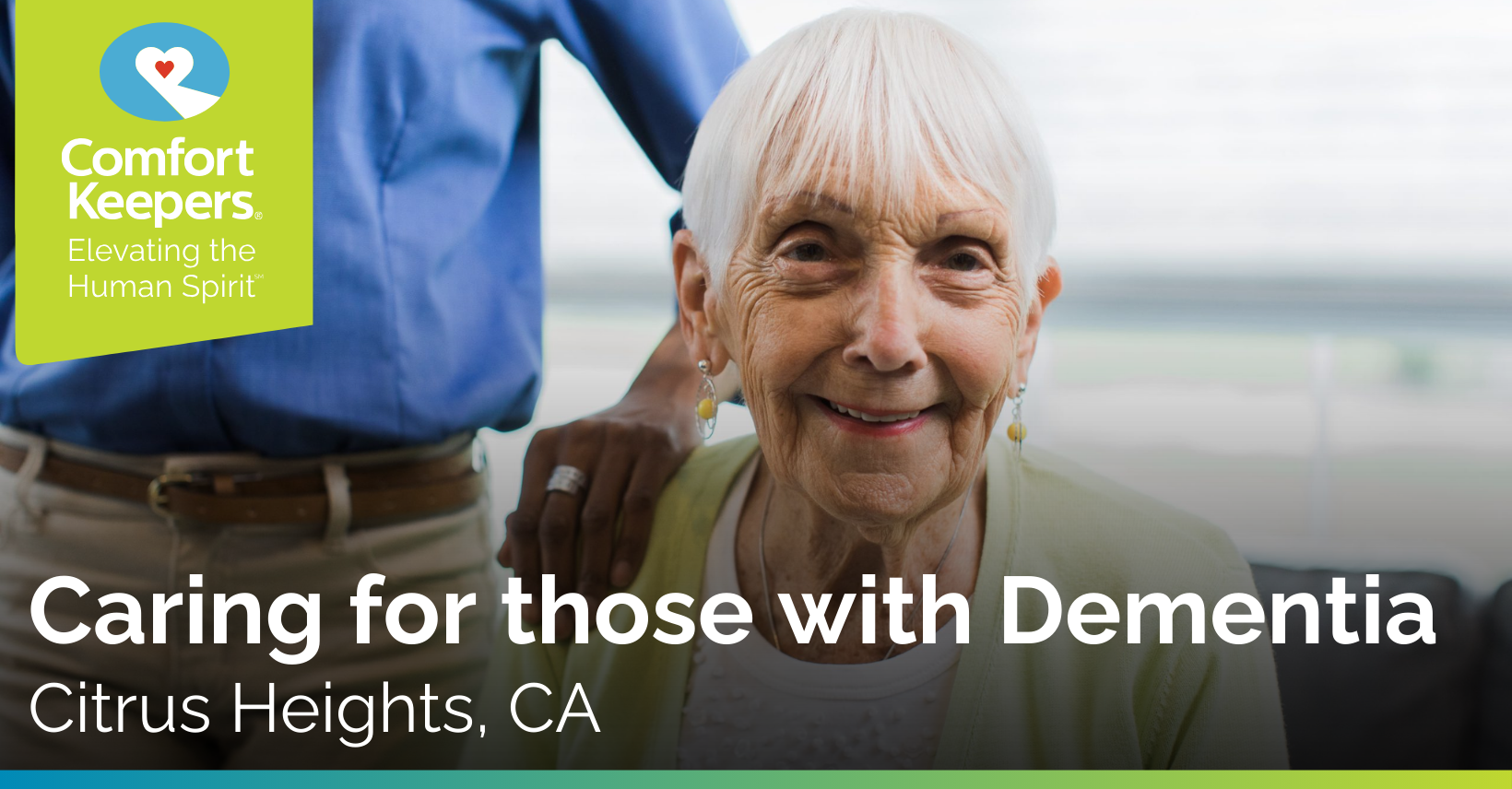
If you love someone with dementia, there can be a heavy emotional burden to bear when navigating the challenges of this illness. You may feel helpless and frustrated at times, unable to offer them the help they need. If this describes you, there are things you can do to make life more manageable for both of you while improving your loved one's quality of life.
Be aware of your loved one's condition
Dementia is not a disease in and of itself, but rather the result of several diseases that affect the brain. There are many different types of dementia, but one commonality between them is the progressive decline in memory, thinking, and reasoning skills that occurs over time. Most types of dementia fall under two main categories: Alzheimer's disease and vascular dementia (also known as multi-infarct dementia).
Vascular dementia occurs when blood flow to the brain is impaired due to blockages in some areas of your body's blood vessels or small strokes caused by reduced blood flow to certain parts of your brain. Symptoms often include depression, mood swings, lethargy, difficulty concentrating on tasks, trouble making decisions, and problems with perception such as perceiving objects as being smaller than they really are or misinterpreting their position relative to other objects around them.
Alzheimer's disease accounts for 60%–70% of all cases where someone has been diagnosed with dementia. It is thought to be caused by deposits called plaques forming inside neurons (brain cells) which disrupt normal cellular function, eventually leading to neuronal death if left untreated. This process results in cognitive decline over time until the loss becomes severe enough that basic functions like walking become difficult for patients who were once able-bodied prior to their diagnosis. Symptoms may include personality changes, such as becoming more irritable than usual or aggressive towards others when no such behavior was previously exhibited.
Learn what tasks are appropriate to do yourself
It's important to not take on tasks that you don't know how to do, or that your parent doesn't want you to do. For example, it might be more challenging for you to vacuum the floor and wash dishes than it would be for your mother-in-law who lives nearby and is eager to help out. Or perhaps you're trying to get an elderly relative out of bed in the morning so that he can go eat breakfast—but if he has difficulty getting up on his own. In that case, maybe just getting him dressed and into his chair at the table is enough for that day.
It’s also best not to try anything new if it could pose a physical risk (for example, taking apart appliances). You should always ask yourself: “If this goes wrong, what will happen? Will someone get hurt?”. If any potentially dangerous situation arises—whether it's related directly or indirectly to another person—then let someone else handle it instead! Sometimes the best thing we can do as caregivers is trust others with our loved ones' needs. Learning to accept support can make life much easier when things become more complicated later on.
Surround yourself with help and support
It can be helpful to surround yourself with family and friends, especially when your parent first receives a dementia diagnosis. These loved ones can offer you the support you need and help you talk through what the future might look like. They can also remind you that they are there for you if and when you need them, even if it isn't in person.
If there's no one nearby who is able or willing to come by regularly, consider looking into local medical and nursing services. The Alzheimer's Association has compiled a list of home healthcare agencies that specialize in individualized care plans for people living with dementia, as well as for their caregivers.
Many provide respite services (a short stay away from home) for those who need a break from caring for someone else or simply want some time alone. Others offer 24/7 monitoring by specially trained staff members who have received additional training on how to best interact with those living with dementia. Some even provide transportation services so seniors can receive long-term care without having to leave their homes entirely.
Dementia is a serious, life-changing condition that can affect your loved ones and their families. But there are many things you can do to help make the process easier on everyone involved. By learning more about dementia, getting support from others and keeping yourself organized, you'll be able to better care for the person with dementia while still living your own life.
Comfort Keepers offers individualized care plans that focus on physical and non-physical care needs and goals. Designed to consider your loved one’s interests and capabilities, these activities are built into the plan of care to improve quality of life and physical health.
We also offer support for physician-prescribed nutrition and exercise programs, companionship, respite care, and other needs. Referral to medical professionals, support groups and resources for family caregivers are also available through Comfort Keepers’ network of professionals in Citrus Heights, California.
For more information on respite care in Citrus Heights, CA or Alzheimers support, contact Comfort Keepers Citrus Heights today.







